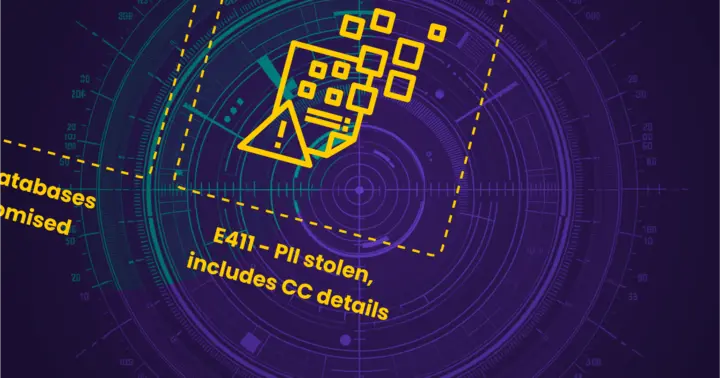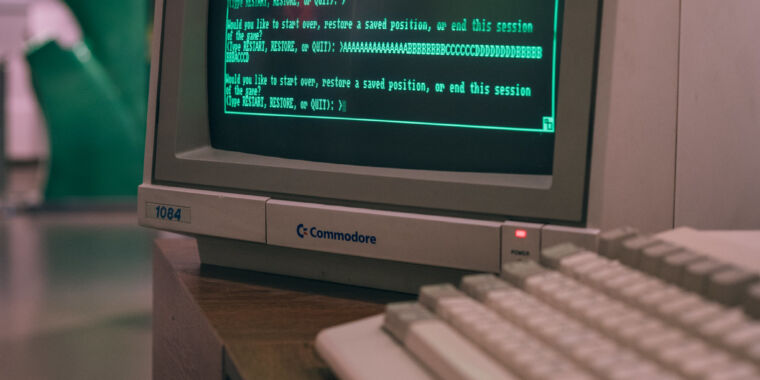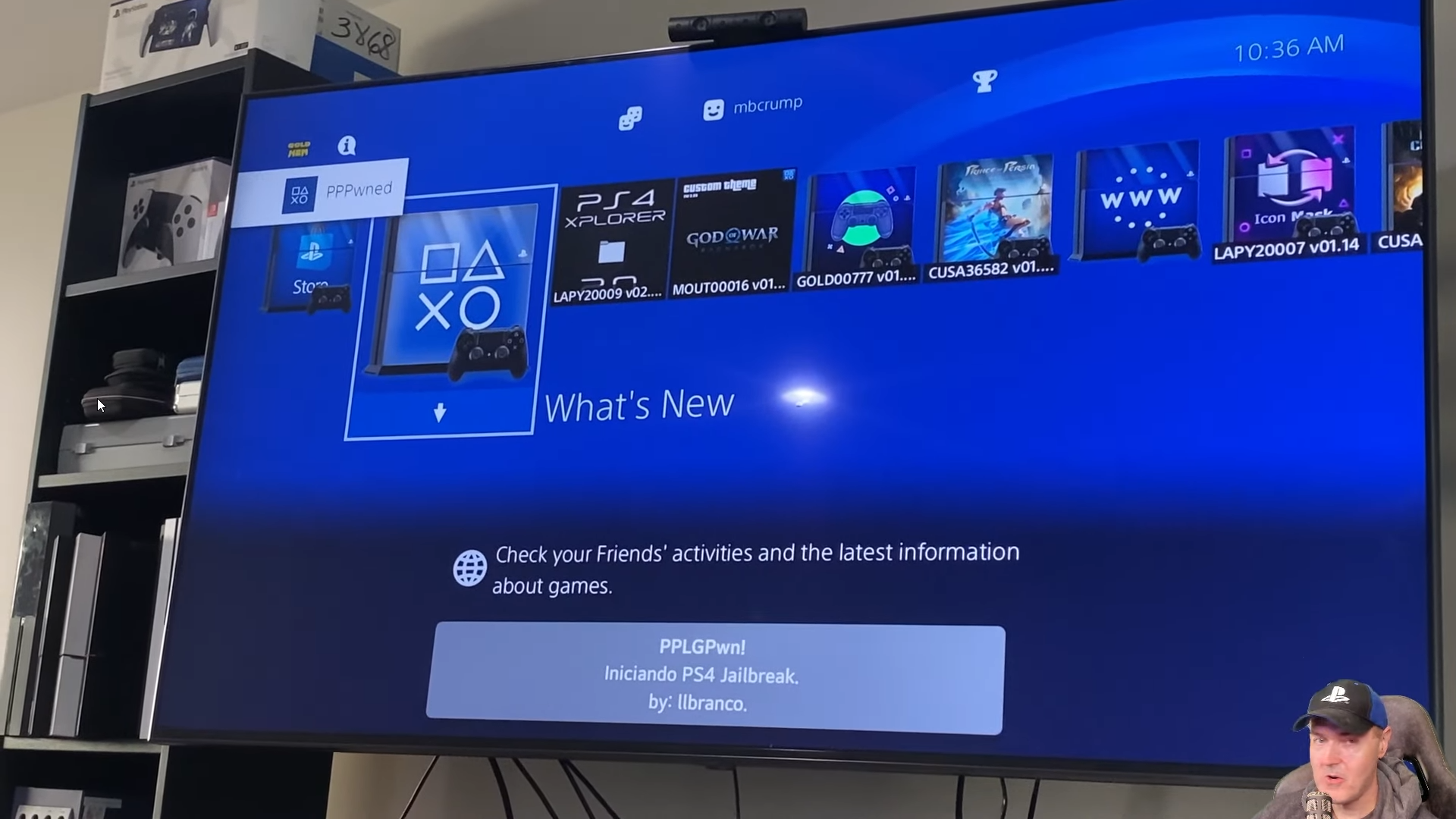Wildermyth is a lovely combination of storytelling and xcom-style combat, with a genealogy system and chances for your heroes (and their descendants) to reappear in future games.
- 45 Posts
- 224 Comments
I kept an open mind despite the knife. What he did at camp, though: that was his death sentence.
One thing I haven’t figured out yet: Is someone teleporting Astarion’s body to each new camp we set up, or is he just playing dead and stealthily following us whenever we relocate?
This one offers daily trading cards for finishing a discovery queue, and stickers for following a “browse by category” link on the main page and clicking the “claim” button.
Looks like the site is overloaded at the moment. Some things are not working quite right.

 2·3 days ago
2·3 days agoI imagine he wants to avoid dependence on fuel suppliers, or pollution.
How to turn them square?
I don’t think yt-dlp has built-in image cropping, so it’s just going to download thumbnails in the resolutions provided by the server. (See the --list-thumbnails option.) To crop what you download, consider a tool like (ImageMagick)(https://imagemagick.org/).
Lemmy tip: Don’t indent your paragraphs.
We’re writing in Markdown here, so 4+ spaces at the beginning of a line triggers code formatting. It breaks line wrapping, so many readers are forced into a lot of horizontal scrolling back and forth if they want to read your text. It sometimes also breaks color schemes, burning dark-mode readers’ eyes with blocks of bright white.
Back to your request…
Your description reminds me of bits of Cyberpunk 2077 and Overwatch, but I don’t think it’s either of those. It doesn’t exactly match any games I can think of right now. Good luck. :)

 93·6 days ago
93·6 days agoThat explanation is fair enough but the headline is red meat the the EV disinformation brigade.
It’s funny how words affect people differently.
Not long ago, I posted a short, precisely-stated comment mentioning an observed fact that I had verified with a relevant authority. When I later checked in, I was surprised to find someone accusing me of spreading misinformation, and my comment removed by a moderator. It was clear that my accuser had badly misinterpreted my words. He refused to admit it or accept clarification. (And the mod had already acted, rashly.)
I re-checked what I had written about twenty times over the course of the day. There was nothing there to support the accusation. My best guess is that my phrasing or the subject matter might have touched on rough emotions from a bad experience, leading him to see what he expected to see instead of what I wrote, and triggering attack mode.
Communicating well really is complicated. It takes work on both sides, and can quickly turn into a bad time if it goes off the rails.
Because of this, I’ve been making an effort to read (and re-read) charitably, especially with people I don’t know well.

 833·6 days ago
833·6 days agoFrom the article:
In an EV era, tires are becoming the greatest emitters of particulate matter
The point being that electric drops tailpipe emissions to zero, making tires the next target for reducing emissions.
Do you know why both hid_sony and hid_playstation are loaded? Only one is needed. The latter replaces the former, IIRC.
It loads automatically on my system once I power up the (already paired) DS4. You did pair yours with your computer, right?
I also wonder if any of the device names in your bluetooth list would be more friendly if you installed the steam-devices package.
John Mashey wrote about this nearly 30 years ago. This Usenet thread is worth a read.
I think that kernel version should handle it, as long as the hid-sony or hid-playstation module is being loaded. (Some 6.7 and early 6.8 kernels had a relevant bug, though.)
It’s hard to say regarding the bluetooth adapter. The branding and price don’t matter; my cheap old no-name dongle worked great. It’s really about whether the parts used inside happen to play well with the other device.
Another thought: Is it possible you have the old version of the DS4, rather than the DS4 v2? If I remember correctly, the light bar is visible through the touchpad only on the v2.
That is strange. It works great for me. All I had to do was pair it.
I have read that some computers have bluetooth modules that don’t play well with it, though. Maybe you have one of those, or an old kernel?
ds4linux exists, but is unnecessary in most common cases.

 15·8 days ago
15·8 days agoIt’s a time-honored tradition among dictionary publishers.
Just to clarify: Steam Input is the component you’re describing.
DualShock 4 and DualSense controllers have official drivers built-in to the linux kernel, including support for the touchpad and motion controls. You probably don’t need something like DS4Windows.
It’s pretty easy if you use a launcher that can manage Wine, DXVK, and the like. Lutris is good for that, and even has its own database of games with ready-made install scripts. I’m told Steam can register non-steam games and handle it, too.
One nice thing about GOG (in addition to being DRM-free) is that you can download games with a web browser. There’s no need to install their store app, ever.
Like the Alameda-Weehawken Burrito Tunnel?





















Linux user here. I don’t know of an open desktop calendar app that supports the protocol I need (CalDAV) without being one or more of:
The best compromise I’ve found so far is Thunderbird. It is bloated, but less so than any Electron app I’ve used. I find the UI annoying, but tolerable for lack of a better option. I’m thankful for an open, cross-platform tool that gets the job done, but I wish I had one that was lightweight and pleasant to use.
It would be nice to see some new work in this area. It’s a similar situation with email apps.